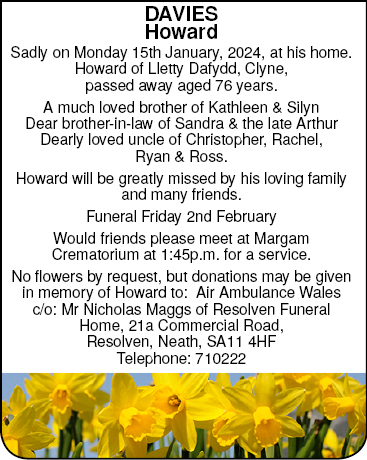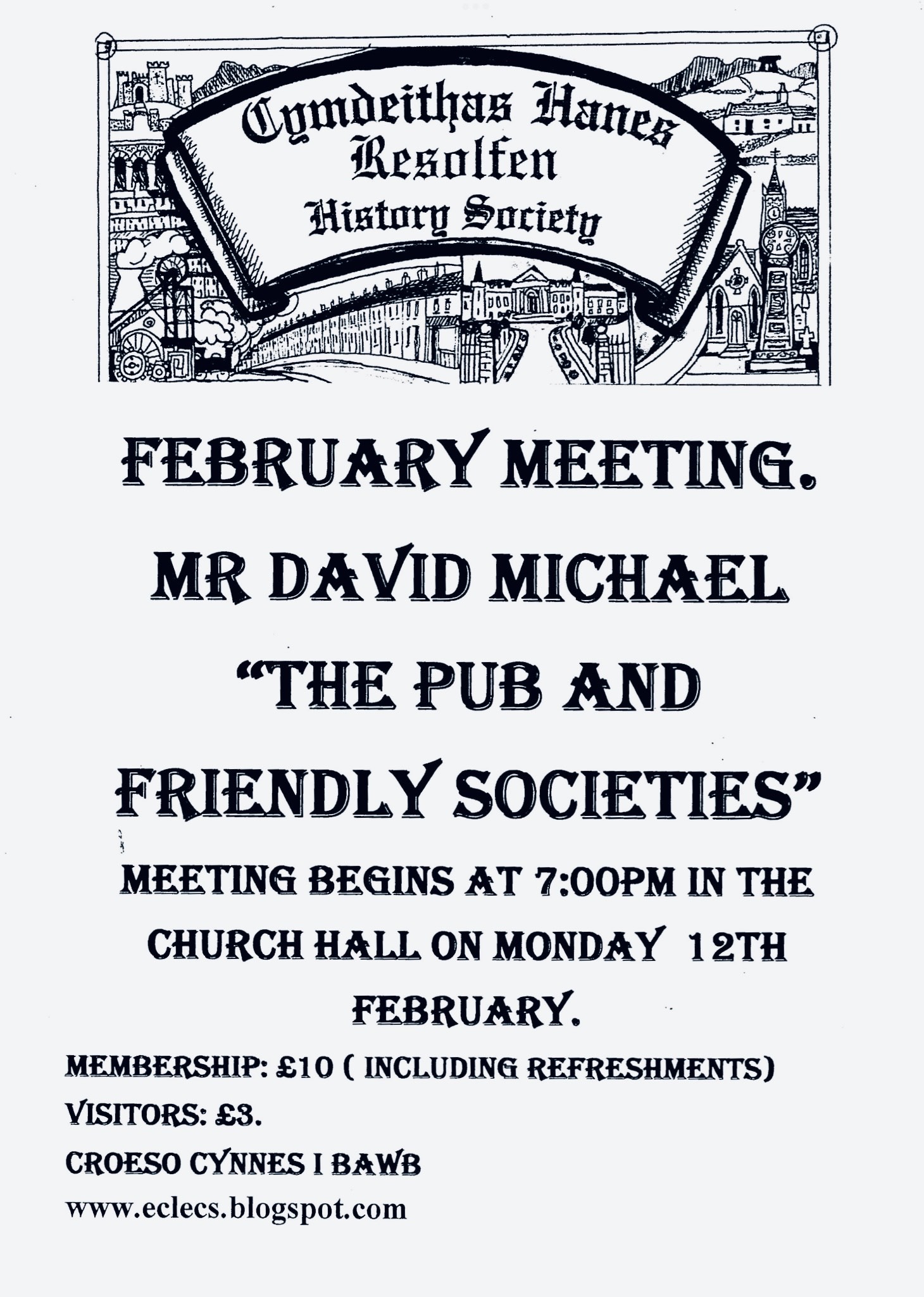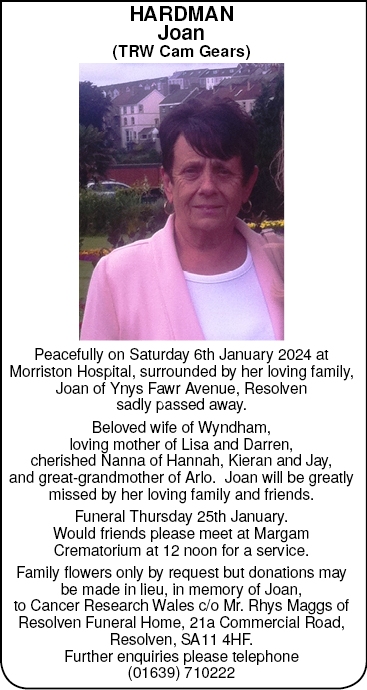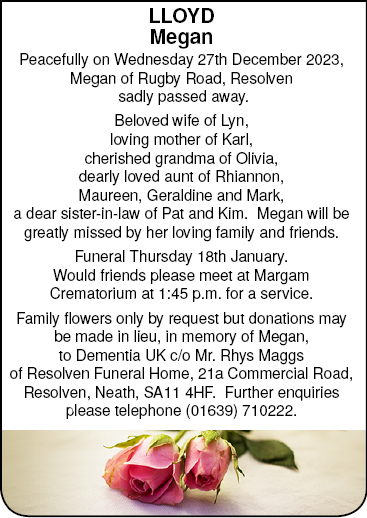Report on the January Meeting of the Resolven History Society
This is a Report on the January Meeting of Resolven History Society
Despite the cold, new-year weather, some sixteen members attended this month’s meeting. They were not to be disappointed, since the speaker this month was Mr John Richards who was to speak on the death of Richard the Third in 1485. The Chair , Mr David Woosnam, said that this was Mr Richards’s seventh occasion in speaking to the Society and that he had spoken on an eclectic range of topic ranging from the theatre of Shakespeare to the derivation of surnames.
Mr Richards began his talk by stating that because of the notoriety of the Princes in the Tower, Richard the Third was well known despite only being monarch for a mere two years, before his defeat by the Welshman Henry the Seventh at the Battle of Bosworth. Shakespeare had labelled him as a hunchback and a rather dark character, and there is little doubt he was complicit in the death of the princes who threatened his claim to the throne. Following a detailed explanation of the rivalries between the York and the Lancastrians in the thirty year period known as the Wars of the Roses, Mr Richards turned his attention to Bosworth.
Henry landed near his Pembrokeshire birthplace near Dale, and proceeded to march through Wales. A nominally Lancastrian army led by Rhys ap Thomas, initially shadowed him, and then switched side to the Tudors. At Bosworth, in Leicestershire, Richard fought bravely but was eventually killed in the battle, and his soldiers appeared to lack vim and vigour, despite having superiority in numbers. Importantly, his body was lost. In August, 2012 at a car park in Leicester, under the regal letter “R”, a body was found and subsequently identified as that of Richard.
Mr Richards then elaborated with the use of medieval weapons and a skull what the consequent post mortem of the body would show about. The numerous wounds indicated that he had indeed fought bravely and had succumbed to the long pointed sword and dagger which would prize open the chain mail, in addition he had been stabbed in the groin and in the eye. An examination of his backbone indicated that he suffered from scoliosis, rather than him being a hunchback. He lacked any feet, which may have been due to a plough on site, and Mr Richards added wryly that he had indeed been “de-feeted”, much to the mirth of some audience members.
Mr David Woosnam thanked Mr Richards for a wonderful talk, and hoped he would return in future to address the Society. Next month’s the speaker will be Mr David Michael of Neath Antiquarians, who will speak on the fascinating topic of ”Pubs and Friendly Societies”.
Trefor Jones




